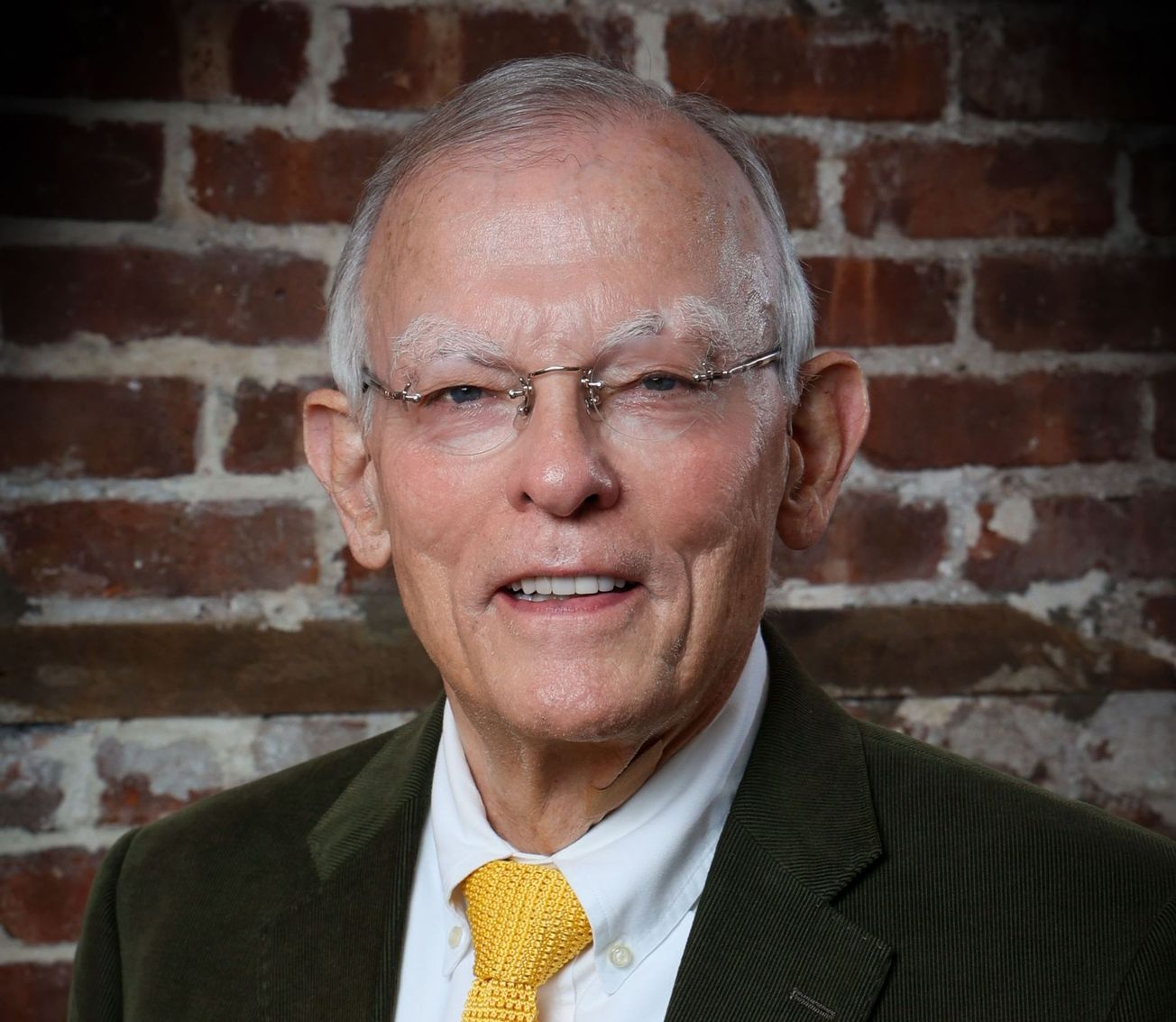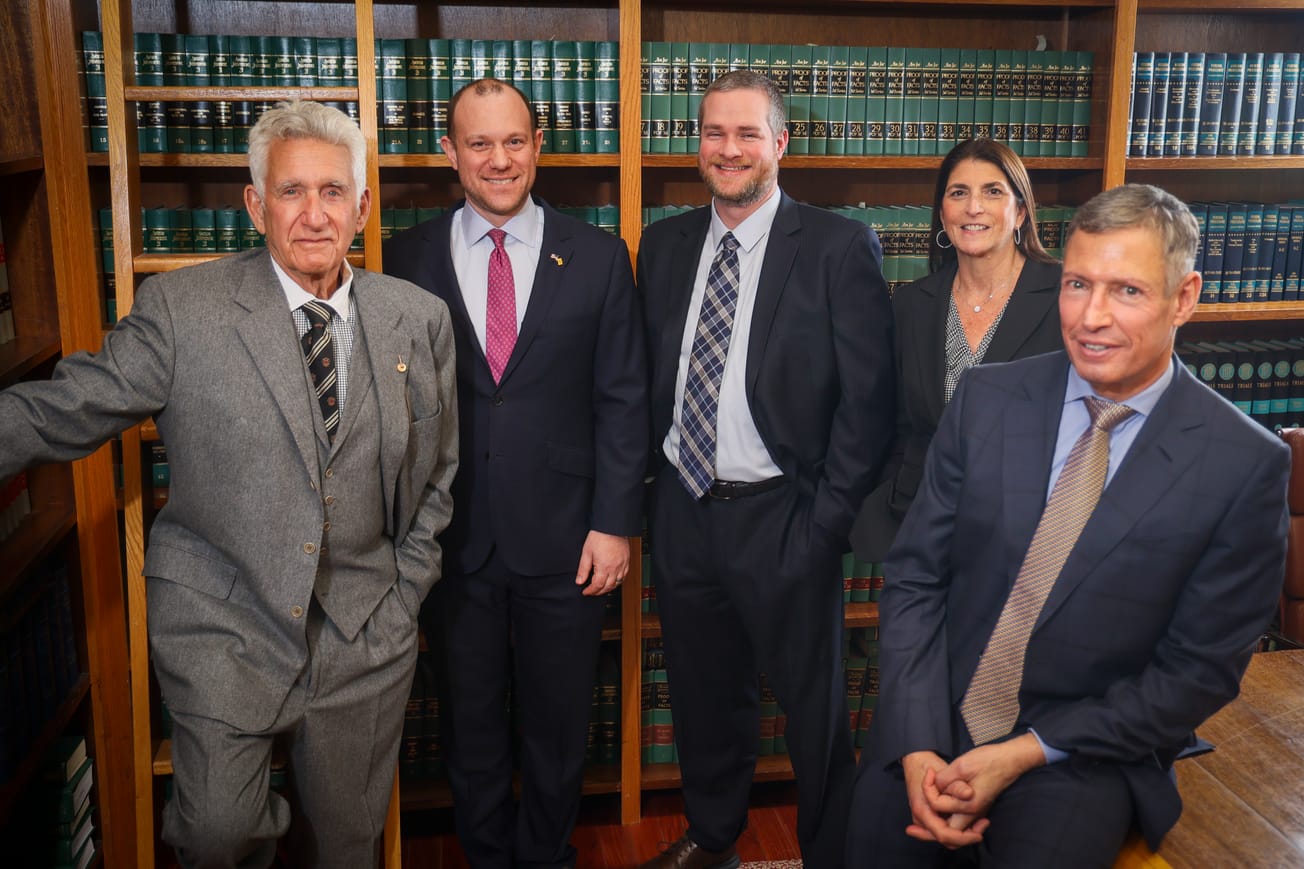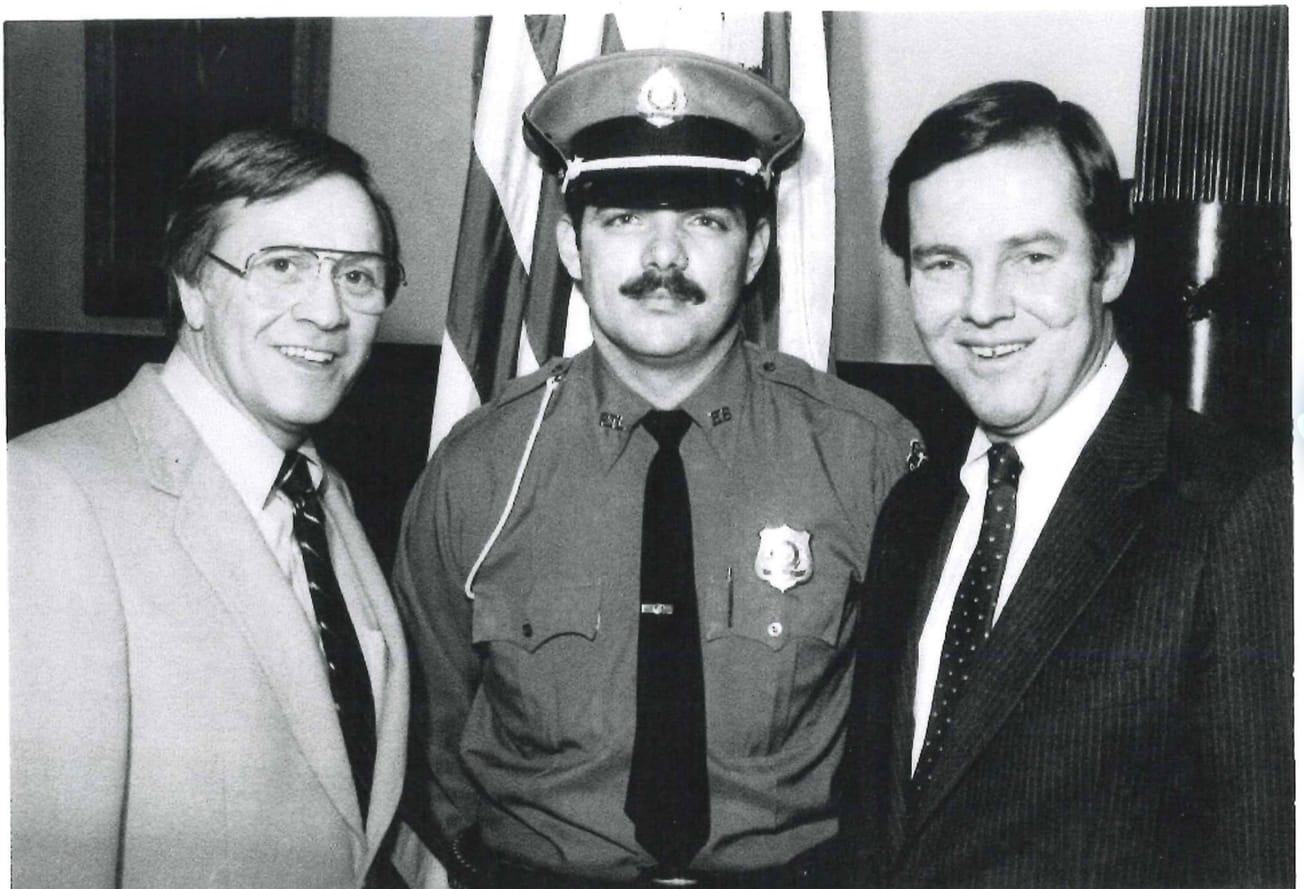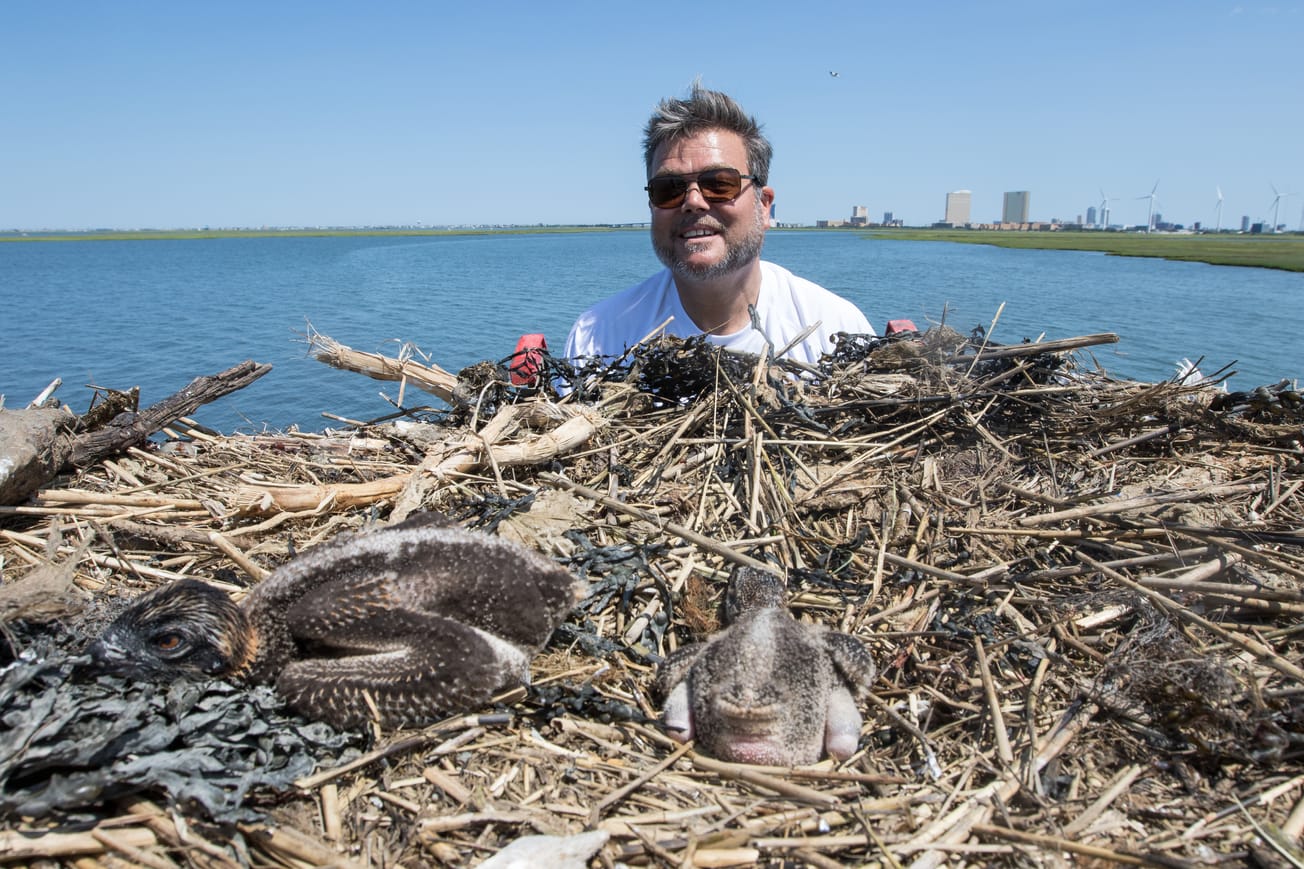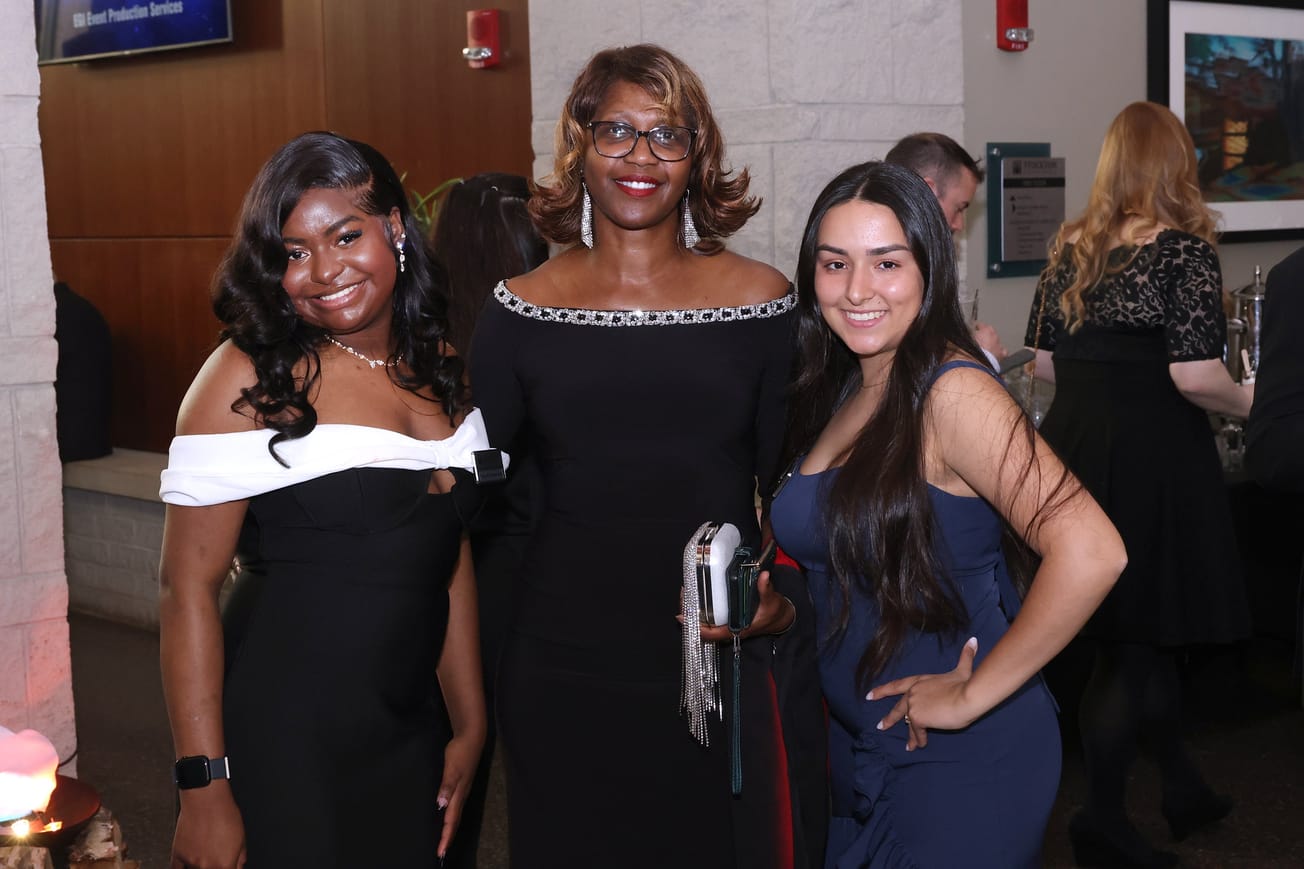By Felicia L. Niven
At the tender age of five, Nelson C. Johnson posed a question that would shape the course of his life forever. Barely tall enough to peer over the dashboard of the car, Johnson – settled comfortably in the front passenger seat – chattered on and on to his grandfather. Captivated by the sheer torrent of words that poured forth, his grandfather turned to him and uttered the statement that would set the course for a brilliant future: "Nelson, my boy, you talk so much, you should be a lawyer."
The young boy’s curiosity got the best of him. “What's a lawyer, Grandpa?" His grandfather leaned in and delivered the most profound of definitions: "It's someone who helps people when they're in trouble.”
And just like that, a destiny was set in motion.
Nelson C. Johnson has fulfilled that destiny beyond his wildest five-year-old dreams. As a lawyer, he prevailed in two groundbreaking rulings that opened access to public records. As a judge, he presided over 200 jury trials. As a historian and best-selling author, he taught America about Prohibition Era Atlantic City and made Nucky Johnson (no relation) a household name.
He credits his grandfather with igniting that initial curiosity about lawyers, and his mother for helping to satisfy it with books—many, many books. He had his first library card before kindergarten. “My mother fed me books constantly,” said Johnson. “I read the biography of Clarence Darrow by Irving Stone. By the time I was 10, I had visited a local municipal court to see what lawyers do. It was just one path straight ahead. I never thought about doing anything else.”
He attended St. John’s College (now University) in New York City. “This was long before the Internet, and at the time universities were important centers of information,” he says. “I'm always a big believer in ‘you don’t learn anything if you don't ask,’ so I will always ask. I got into places like the Wall Street Journal, Newsweek, U.S. News and World Report, and The New York Times. I had access to files under supervision, and everything was right there, plus there was New York’s magnificent library system.”
After graduating with his bachelor’s degree, Johnson joined his brother in the Air National Guard for a year. He then continued his education, earning a J.D. from Villanova University School of Law.
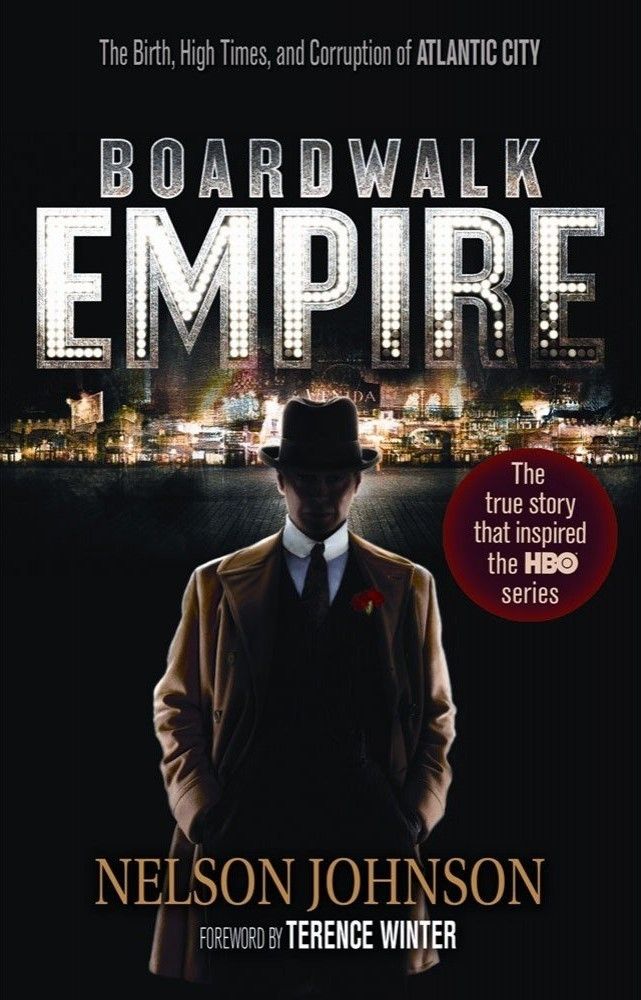
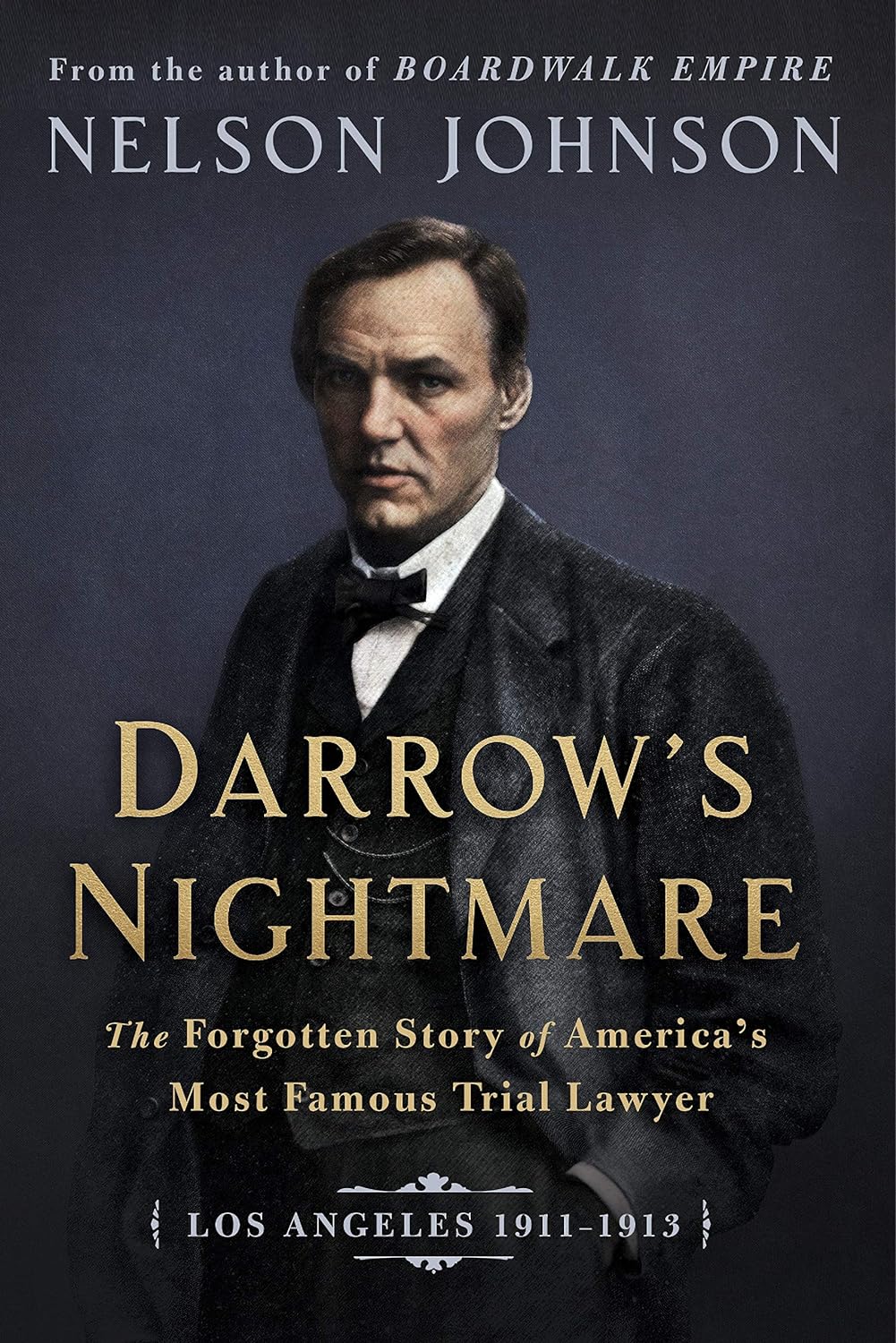
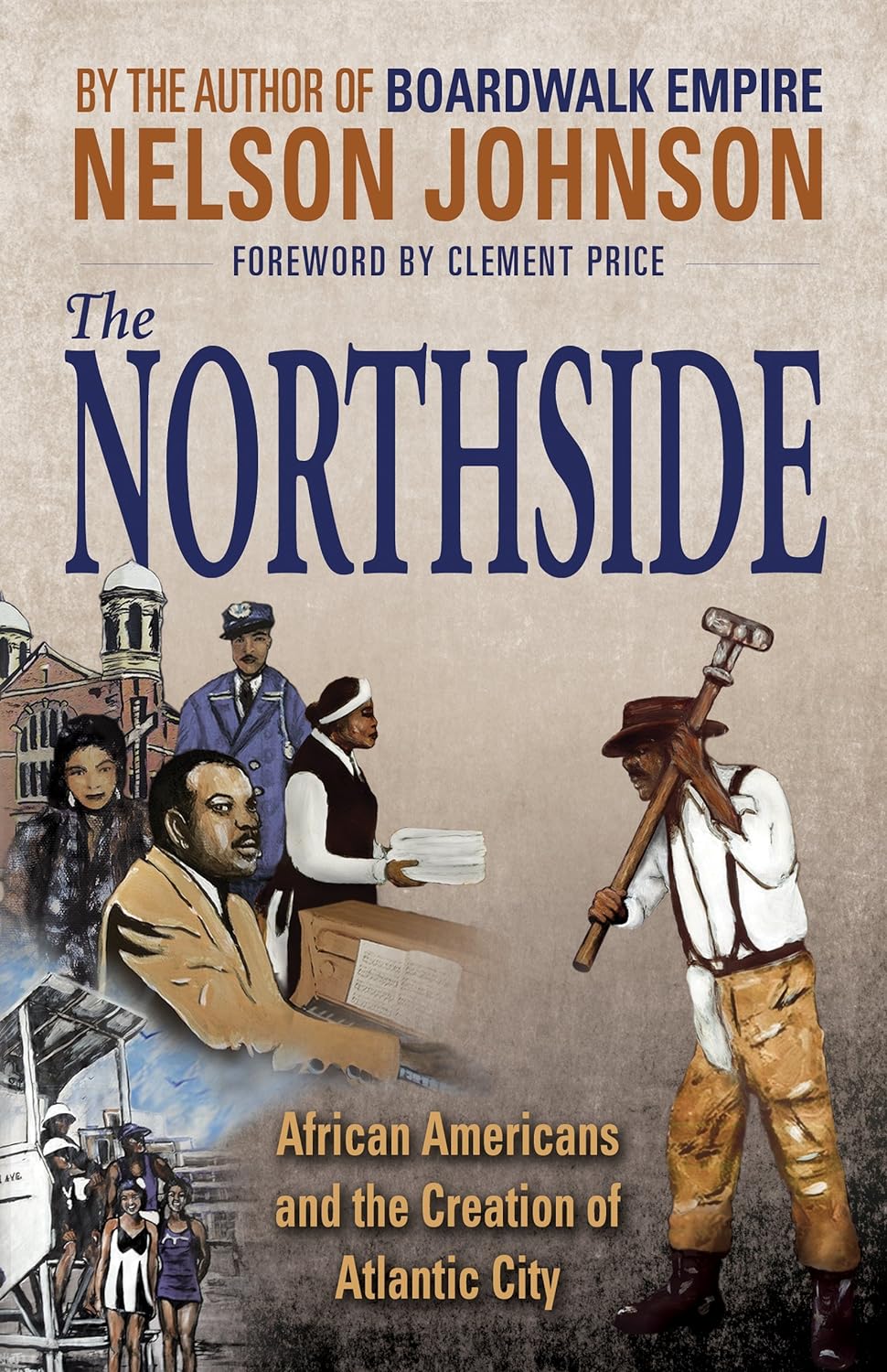
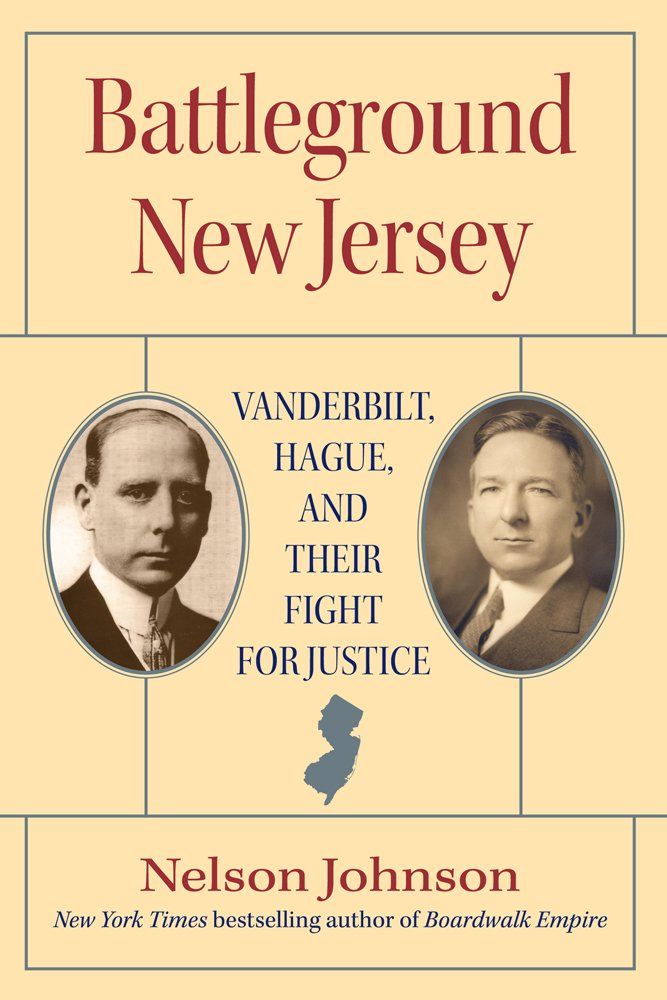
In 1973, he married his high school sweetheart, Johanna Ruggeri (now Dr. Johanna Johnson). “She supports me, and I support her,” says Johnson. “We proudly say that neither one of us could have done what we did without the other one’s help.”
Johnson also credits his many mentors along the way. “When I was at the [Atlantic City] planning board, I was working with my first mentor in the law, a really good teacher and gentleman by the name of John Bertman,” says Johnson. “John taught me so many things that you never learned in law school. He told me that lawyers will share knowledge with you; you just have to ask. They're not going to be put off that you want to learn something from them. They're going to be flattered. And he was right.”
He didn’t set out to write a book about Atlantic City. It was a result of his natural curiosity. “I went into City Hall, knowing that it was corrupt,” he says. “That did not bother me. I figured in the worst-case scenario, if somebody asked me to do something that I knew was wrong, I could just quit my job. What I wanted to find out, however, is why it was so hard to get anything done.”
Seeking to find out more, Johnson hit the books. It was a process that took over a year and a half and the assistance of some dedicated librarians. With the additional help of Senator Bill Bradley, he got access to the FBI report on Nucky Johnson. That was the inspiration for his book, Boardwalk Empire: The Birth, High Times and Corruption of Atlantic City.
“I quote one of my political mentors, who was also very involved in a Republican organization back in the day, a gentleman named Murray Fredericks,” says Johnson. “I pressed him on why Atlantic City was so corrupt. He said, ‘If the people who came to town had wanted Bible readings, we'd have given 'em that. But nobody ever asked for Bible readings. They wanted booze, broads, and gambling, so that's what we gave 'em.”
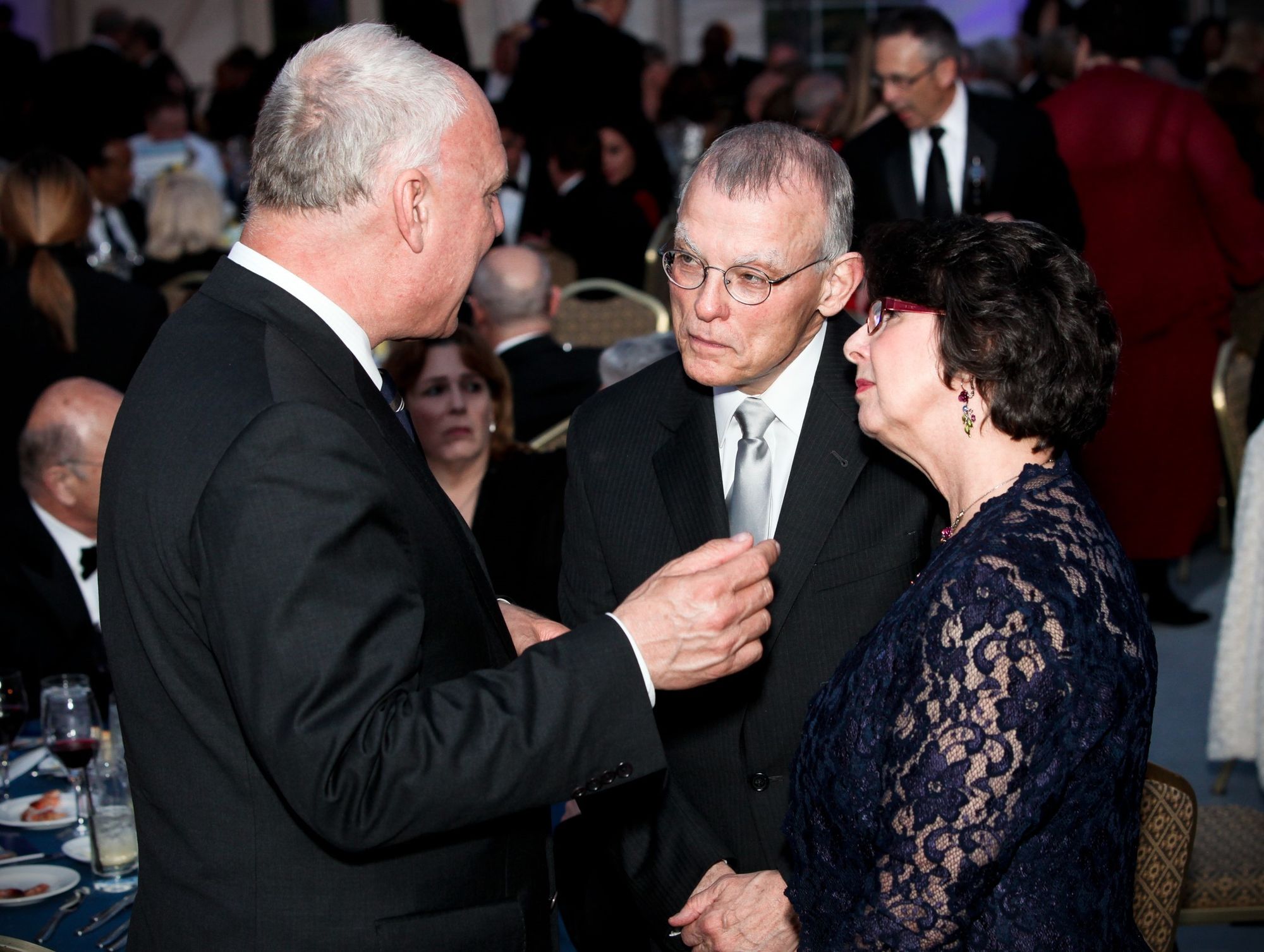
Boardwalk Empire would make Nucky Johnson a household name, largely due to Nelson Johnson’s perseverance. He personally made trips to Los Angeles to pitch the series. He knew it was a great story, and HBO ultimately knew it too. “My wife and I had enormous fun because we learned even more, going to see some of the scenes being filmed,” says Johnson. “It was fascinating to see how that whole process works.”
Even as he became known as an author, Johnson’s legal career continued to evolve. He was appointed a judge to the Superior Court of New Jersey by Acting Governor Richard J. Codey. There, he presided over some complicated scientific issues. He also got to see lawyers in a different way. He was able to mentor some. “I was very fortunate in my career because I had a lot of good mentors,” he says. “And I try to be a mentor to young lawyers.”
Now retired from the bench, he’s taking on a new role, as “of Counsel” at the law firm of Hankin, Sandman, Palladino, Weintrob & Bell, P.C., in Atlantic City. His practice will be limited to mediation and arbitration of commercial litigation, general equity matters, and other civil disputes generally filed in the Law and Chancery Divisions, as well as federal court, excluding claims arising out of automobile accidents.
In his free time, he’ll continue writing at his studio in Hammonton, the town where he has been a lifelong resident. His latest book, Darrow’s Nightmare, is on a “slow path toward film,” he notes.
“I had a grandfather who told me, ‘When you stop learning, you might as well be dead.’ You’ve got to keep learning all the time to stay vibrant and alive. Not a day goes by that I don’t learn something new.”

